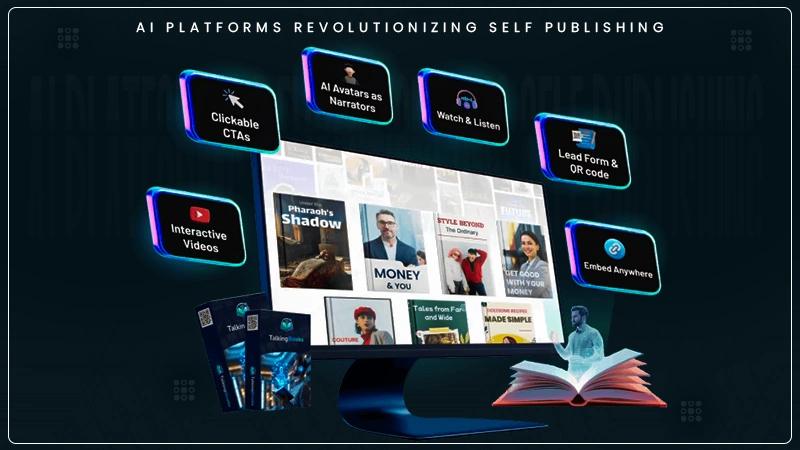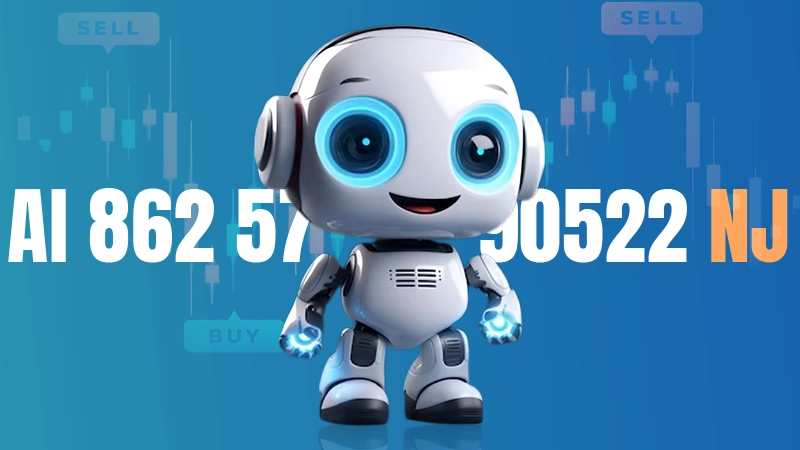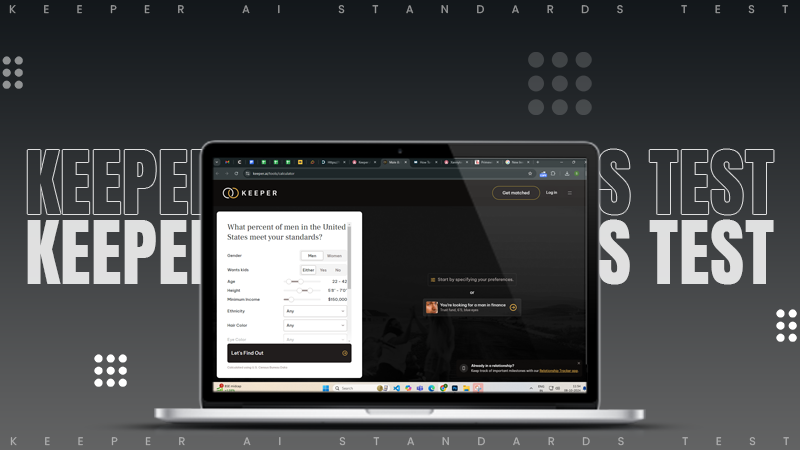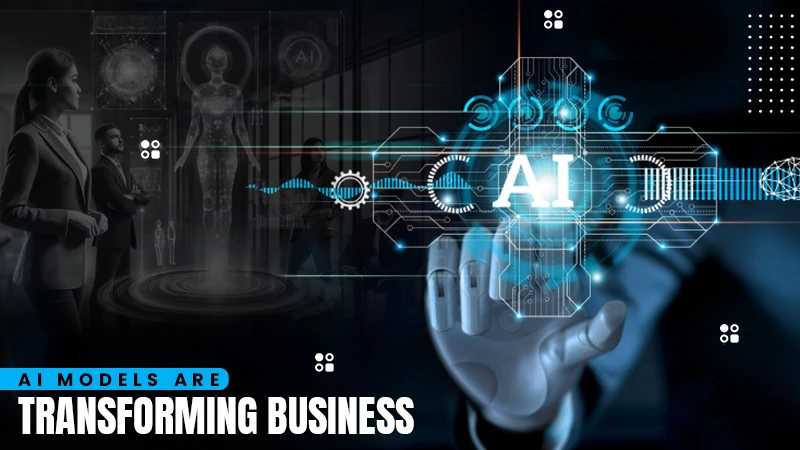The Future of Supply Chain: How AI is Shaping the Industry
The supply chain industry has always been a vital cog in the global economy. Over the years, it has evolved from manual processes to sophisticated systems that involve a network of suppliers, manufacturers, and logistics providers. With the rise of Artificial Intelligence (AI), the future of supply chain management is rapidly changing. AI offers the potential to increase efficiency, reduce costs, and improve decision-making by processing vast amounts of data. As AI technologies continue to advance, businesses are looking to integrate them into their supply chains to stay competitive in an increasingly globalized market.
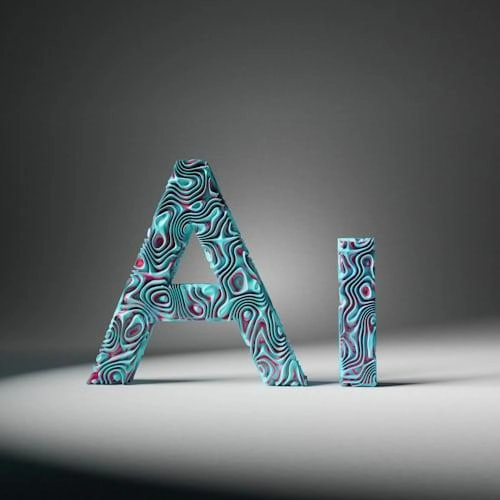
AI Enhances Supply Chain Visibility
One of the most significant ways AI is revolutionizing the supply chain is through enhanced visibility. Traditionally, it has been challenging for companies to track the movement of goods from the manufacturing stage to the final customer. With AI-powered systems, businesses can gain real-time insights into every step of the supply chain.
Machine learning algorithms can predict delays, monitor inventory levels, and ensure that the entire process runs smoothly. This visibility helps businesses react swiftly to disruptions and optimize the flow of goods, making the supply chain more resilient. For example, ai in supply chains can identify patterns that indicate potential disruptions, such as adverse weather conditions or transportation bottlenecks. By anticipating these issues, businesses can reroute shipments, adjust production schedules, or find alternative suppliers. This proactive approach minimizes delays and reduces the risk of stockouts, improving overall customer satisfaction.
Automating Supply Chain Operations with AI
Automation is another significant benefit AI brings to the supply chain. AI-powered robots and systems are already being used in warehouses to streamline operations. These systems can automate tasks such as sorting, packing, and loading goods, which were once done manually. This reduces the need for human labor and decreases the likelihood of human errors. Furthermore, AI-driven automation ensures that operations are faster and more accurate, reducing bottlenecks and improving the overall efficiency of the supply chain.
Additionally, AI can automate decision-making processes within the supply chain. By analyzing data from multiple sources, AI systems can make decisions regarding procurement, inventory management, and distribution without human intervention. This not only speeds up operations but also improves accuracy, as AI can process data and identify trends that humans may overlook. Companies that embrace automation through AI can significantly reduce costs and improve productivity in their supply chain operations.
Predictive Analytics
One of the most critical challenges in supply chain management is predicting demand accurately. Companies must balance production and inventory to meet customer demands without incurring excess costs. Traditional forecasting methods often rely on historical data, which may not account for unexpected market shifts or consumer behavior changes. AI-powered predictive analytics can solve this problem by analyzing vast datasets in real-time and identifying patterns that humans might miss.
Machine learning algorithms can predict future demand by considering various factors such as seasonality, market trends, and customer behavior. This allows companies to adjust their production schedules, optimize inventory levels, and avoid the costs associated with overproduction or understocking. Predictive analytics also helps businesses anticipate changes in demand caused by external factors, such as economic conditions or geopolitical events. By staying ahead of the curve, companies can ensure they are better prepared to meet customer needs and maintain profitability.
AI Optimizes Supply Chain Costs
Cost optimization is a major concern for companies in every industry. AI offers numerous ways to reduce supply chain costs without sacrificing efficiency. One area where AI excels is in optimizing transportation routes. With AI-powered algorithms, companies can analyze traffic patterns, weather conditions, and delivery schedules to determine the most efficient routes for their shipments. This not only reduces fuel consumption and transportation costs but also ensures timely deliveries.
AI can also help companies optimize their procurement processes. By analyzing data from suppliers, AI systems can identify opportunities for cost savings, such as negotiating better contracts or finding alternative suppliers. In addition, AI can help companies manage their inventory more effectively by predicting demand and ensuring that stock levels are maintained at optimal levels. This reduces the costs associated with excess inventory or stockouts, improving the overall profitability of the supply chain.
AI Facilitates Sustainable Supply Chain Practices
Sustainability is becoming increasingly important for businesses, and AI is playing a crucial role in helping companies build more sustainable supply chains. AI can optimize processes to reduce waste, improve energy efficiency, and minimize environmental impact. For example, AI-powered systems can analyze data on resource consumption and identify areas where energy or materials can be conserved. This helps businesses reduce their carbon footprint while still maintaining efficient operations.
AI can also enhance supply chain transparency, which is essential for companies aiming to meet sustainability goals. By providing real-time insights into the sourcing and transportation of goods, AI allows businesses to ensure that their suppliers are adhering to ethical and environmental standards. This increased transparency can improve a company’s reputation and foster greater trust among customers and stakeholders.
Challenges of Implementing AI in Supply Chains
Despite the many benefits of AI, implementing it in the supply chain is not without challenges. One of the main barriers to adoption is the cost of AI technologies. While larger companies may have the resources to invest in AI systems, smaller businesses may find the initial costs prohibitive. Furthermore, integrating AI into existing supply chain processes can be complex and time-consuming. Companies may need to overhaul their infrastructure or invest in new technologies, which can be disruptive.
Another challenge is the need for skilled personnel to manage and maintain AI systems. As AI becomes more prevalent in supply chains, companies will need to hire employees with expertise in data analysis, machine learning, and AI technologies. This may require significant investment in training and development, which can be a barrier for some businesses.
Lastly, there is the concern of data security. As AI systems rely on vast amounts of data to function, ensuring that this data is secure is crucial. Companies must implement robust cybersecurity measures to protect sensitive information from breaches and cyberattacks. Failure to do so could result in significant financial and reputational damage.
The Future Outlook for AI in Supply Chain
The future of AI in the supply chain looks promising. As AI technologies continue to evolve, businesses will find even more innovative ways to improve their supply chain processes. In the coming years, we can expect to see increased adoption of AI-powered systems in areas such as procurement, logistics, and inventory management. Companies that invest in AI now will be well-positioned to gain a competitive edge in the future.
Moreover, advancements in AI technologies will likely drive down costs, making AI more accessible to smaller businesses. As AI becomes more integrated into the supply chain, companies will be able to achieve greater efficiency, reduce costs, and improve their ability to meet customer demands. Additionally, AI will play a critical role in helping companies meet sustainability goals and improve supply chain transparency.
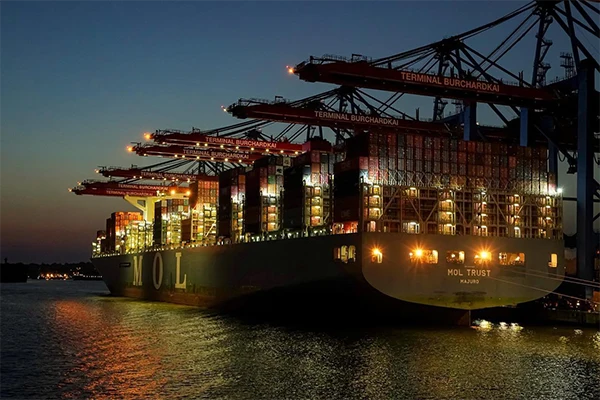
AI is transforming the supply chain industry, offering businesses the opportunity to improve efficiency, reduce costs, and enhance decision-making. By integrating AI into their supply chains, companies can gain real-time visibility, automate operations, and optimize costs. While challenges remain, the future of AI in the supply chain is bright. As AI technologies continue to advance, businesses that embrace this innovation will be better equipped to navigate the complexities of the global market and stay ahead of the competition.
